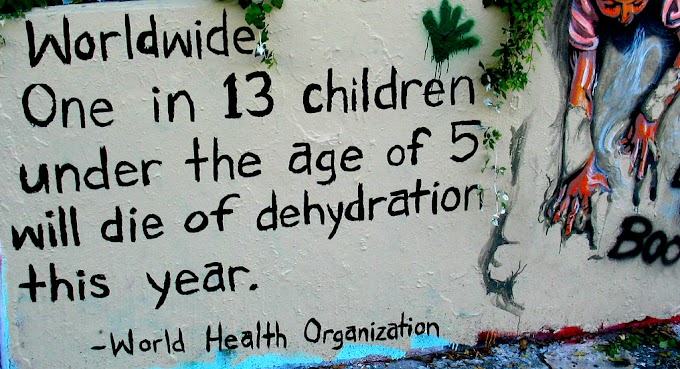What is vomiting?
Vomiting, or nausea, is the forced release of stomach contents. It may be a pattern of something incorrectly attached to the stomach. Recurrent vomiting may occur due to basic medical conditions.
Repeated vomiting can lead to dehydration, which if untreated can be life-threatening.
Due to vomiting
Vomiting is common. Excessive food intake or excessive alcohol consumption affects a person. This is usually not a cause for concern. There is no vomiting. This is a sign of other conditions.
Some of these conditions include:
Food poisoning
Indigestion
Infections (associated with bacterial and viral infections)
Getting nausea
Morning Sickness related to pregnancy
Headache
Prescribed medicines
Anesthesia medicine
Chemotherapy
Crohn's disease
Repeated vomiting cycles unrelated to these factors can be a symptom of vomiting syndrome. This condition is characterized by vomiting for 10 days. It is often accompanied by nausea and a lack of energy. It mainly occurs in childhood.
According to the Mayo Clinic, circulatory vomiting syndrome usually affects children between 3 and 7 years old. It occurs in about 3 out of every 100,000 children, according to a 2012 study by reliable sources.
This condition can cause episodes of vomiting several times throughout the year if untreated.
 |
| What Is Vomiting? |
This can cause serious problems:
Tooth decay
Esophagitis
A tear in the throat
Emergency vomiting
Vomiting is a common symptom, but sometimes it requires emergency medical treatment. You should see a doctor now:
more than a day
Fear of food poisoning
A stiff neck with severe headache
With severe stomach pain
If the blood contains a hematoma called *****, you should also seek emergency services.
Symptoms of hematomas include:
Vomiting with high levels of red blood
Spit out black blood
Cough Like Coffee Yard Object
Vomiting of blood often occurs:
Ulcer
Submerge blood vessels
Stomach bleeding
It can also be caused by some types of cancer. This condition is often accompanied by vertigo. If you experience bleeding, call your doctor immediately or go to the nearest emergency department.
Vomiting complaint
Dehydration is a common complication associated with vomiting. Due to vomiting, your stomach excretes not only food but also fluids.
Drought can be caused by:
Dry mouth
Tired
Dark *****
Decreased urination
Headache
Confusion
Dehydration is particularly severe in existing infants and young children. Younger children have lower body weight and thus have very little liquid to sustain themselves. Parents whose children show signs of dehydration should talk to their family's pediatrician immediately.
Malnutrition is another complication of vomiting. Failure to avoid solid foods causes your body to lose nutrients. If you experience extreme fatigue and weakness with persistent vomiting, seek medical attention.
Evaluation therapy
Treatment for vomiting indicates the underlying cause.
Sometimes removal is not required. Hydration is important even if you are ***** once. It is recommended to drink clear liquids. Clear fluids containing electrolytes can help provide essential nutrients lost by vomiting.
Solid foods can cause significant stomach irritation and increase the likelihood of vomiting. This will help avoid solid foods until clear liquids are removed.
Your doctor may prescribe antiemetic medications for persistent vomiting. These medications can help reduce throwing phases.
Alternative remedies such as consumer products with bergamot and lemon oil may also help. The use of alternative medicine may cause a drug reaction. Talk to your doctor before starting any alternative medicines.
Dietary changes may also help with persistent vomiting. This can be very helpful for morning sickness.
Foods that help relieve vomiting are as follows:
Spoiled food
Salt crackers
Products like Gully
You can try to eat small meals throughout the day.
Prevents vomiting
If your vomiting is caused by a medical condition, treatment plans are the best course of action. The triggers of vomiting vary in people. These include:
Excessive alcohol consumption
Eat
Migraine
Exercise after meals
mental stress
Hot or spicy food
Lack of sleep
Adhering to a healthy lifestyle can help prevent vomiting. Viruses that cause vomiting are difficult to eradicate completely. However, you can reduce your chances of getting the virus by following good hygiene, such as washing your hands regularly.
Knowing how to treat persistent vomiting can help avoid further complications.






0 Comments
Please do not enter any spam link in the comment box.
Emoji